Friday Bread Basket 6/16/23
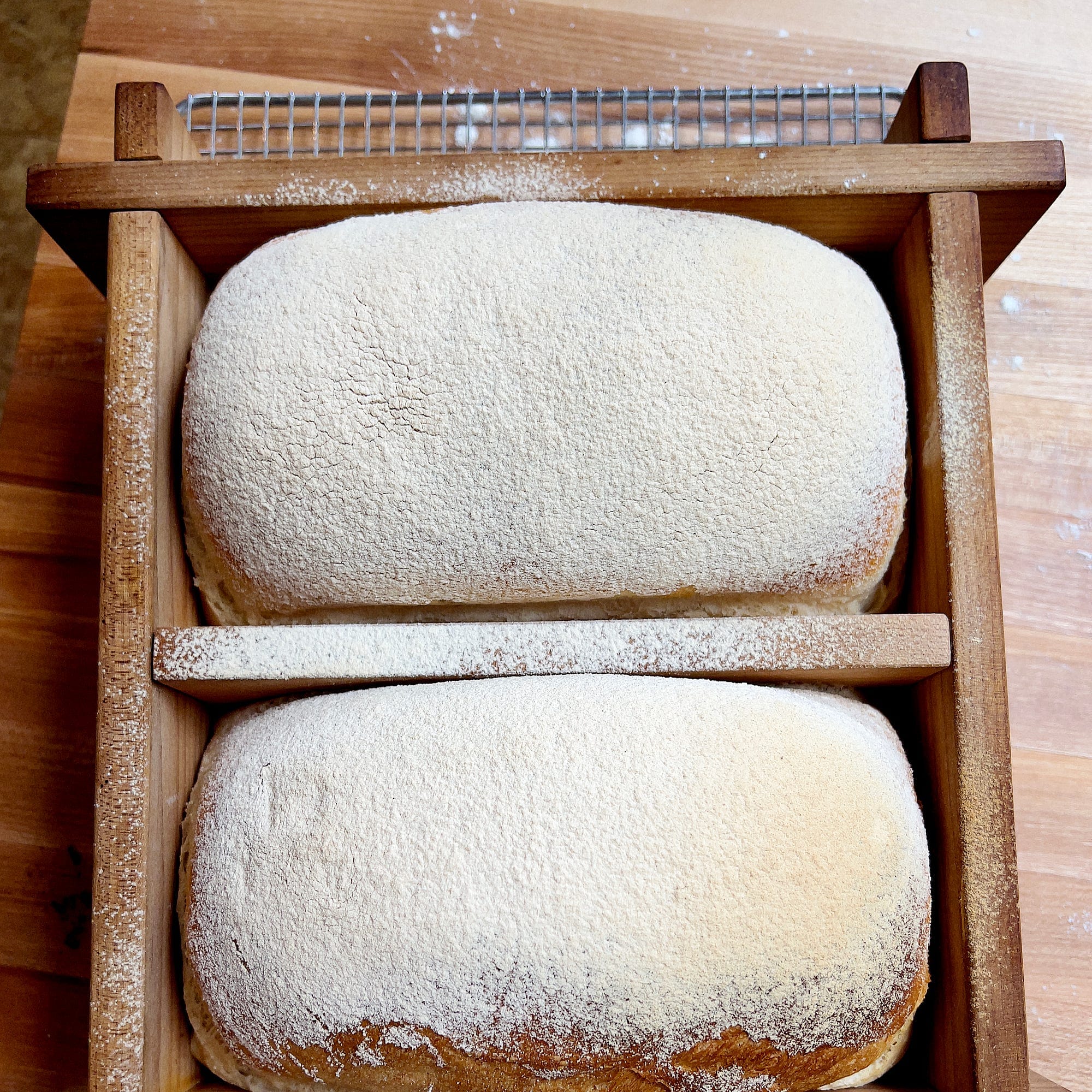
Welcome to the Wordloaf Friday Bread Basket, a weekly roundup of links and items relating to bread, baking, and grain. Above are my latest tests for Irish batch bread, a recipe I’m going to feature at my Kneading Conference workshop next month (I’ll share the recipe here for paid subscribers soon too).
Just a heads up, Wordloaf will be on hiatus for a road trip next week, though I might share one email from away if I am not vacationing too heavily. I’ll be back on 6/26 either way.
The last stonecutter

Barre, VT is known as the “Granite Capital of the World,” and since the late 1800s, the industry was once dominated almost entirely by Italian stone carvers who emigrated there to work the rich deposits of marble it contained. (The stones used by New American Stonemills, who make mills for many of our favorite bakeries and flour companies, are cut from Barre granite.) And now, as Vermont Public Radio tells it, 79-year-old Giuliano Cecchinelli is the last one standing:
[A]ll this happened a long time ago. Barre is no longer the bustling industry town it once was. The granite industry has modernized and consolidated. The flood of immigrants turned into a trickle, and eventually stopped. The Italian sculptors have died, or retired, or moved away. And Giuliano is the only one left.
Giuliano lives in a brown house north of Barre. Art covers the walls and statues line the shelves. The coffee table in his living room is covered with bouquets of dried flowers.
We sit down in the kitchen, and he shows me his hands.
“See, they’re all deformed, see each finger, they’re all different, there are calluses all over," he says. "But I mean what do you expect, you know?”
These hands have been carving stone for almost 70 years.
He started as a boy in Carrara, Italy, a city on the Tuscan coast famous for its marble. Michelangelo himself used to source stone there. There are open quarries in the mountains there that make them look like they’re covered with snow.

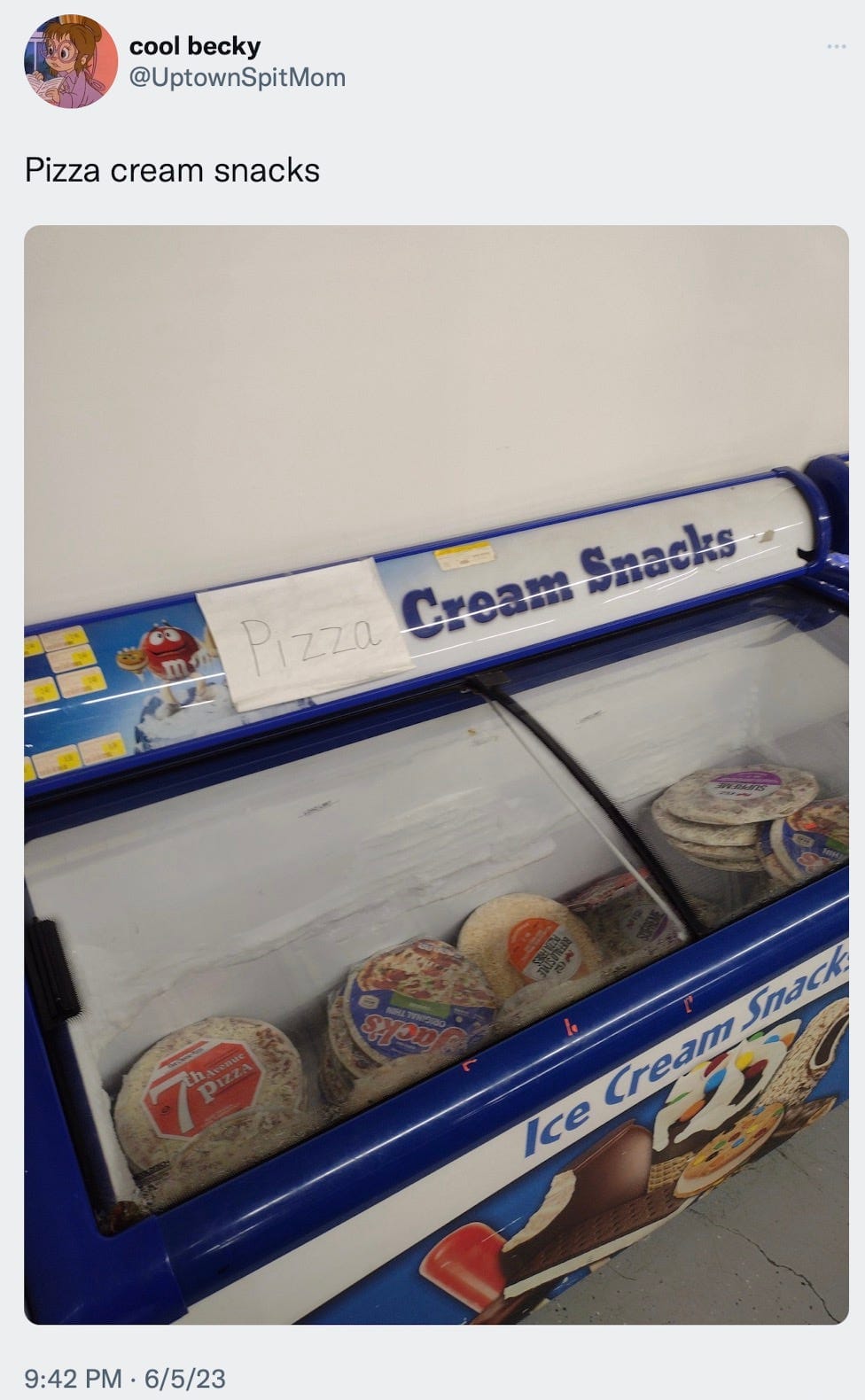
Liquid bread
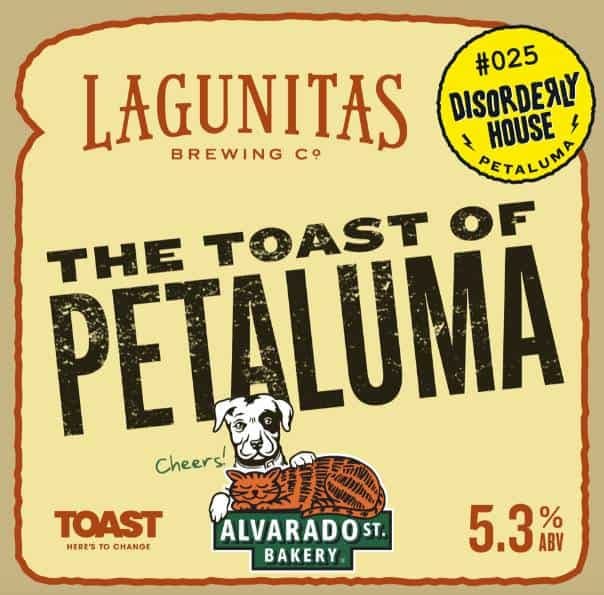
Beer is often called “liquid bread,” because it is made using most of the same ingredients and processes, but Lagunitas Brewing has made this connection literal in one of their latest offerings, using surplus bread from neighboring Alvarado St. Bakery:
Did you know 44% of all bread produced ends up being wasted? We didn’t. But Toast Ale, a UK company is all about spreading that word – and they’re on a mission to turn bread that might be wasted, into beer.
And now Lagunitas Brewing has partnered with Toast Ale to create the exclusive, limited-edition brew using surplus imperfect loaves from their Petaluma, California neighbors at the Alvarado St. Bakery.
Moderately dry hopped with Loral and Citra hops, Lagunitas The Toast of Petaluma is a 5.3% ABV California Common Lager made with Nova, a new lager yeast strain, and brewed using surplus loaves of Alvarado St Sprouted Sourdough. It will be sold exclusively at the Lagunitas Petaluma TapRoom & Beer Sanctuary beginning June 7.
Alvarado St. Bakery took 80 surplus fresh bread loaves that would have otherwise gone to waste and reduced them into crumbs. Lagunitas brewed them into 16 kegs of The Toast of Petaluma.
I wish I lived near enough to Petaluma to get some of this stuff. If you are, give it a try and share your thoughts with us here.

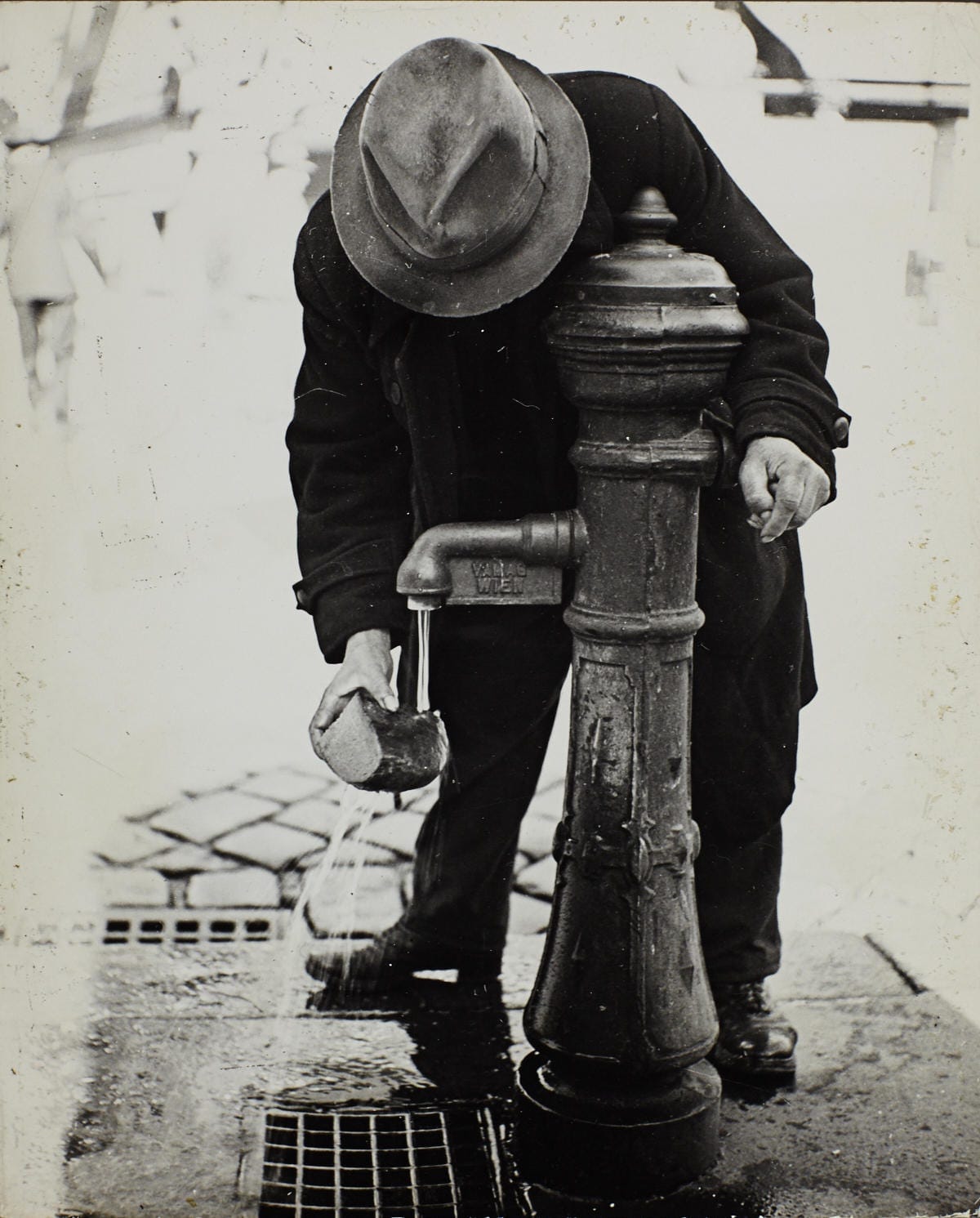
Pair of bear claws, please
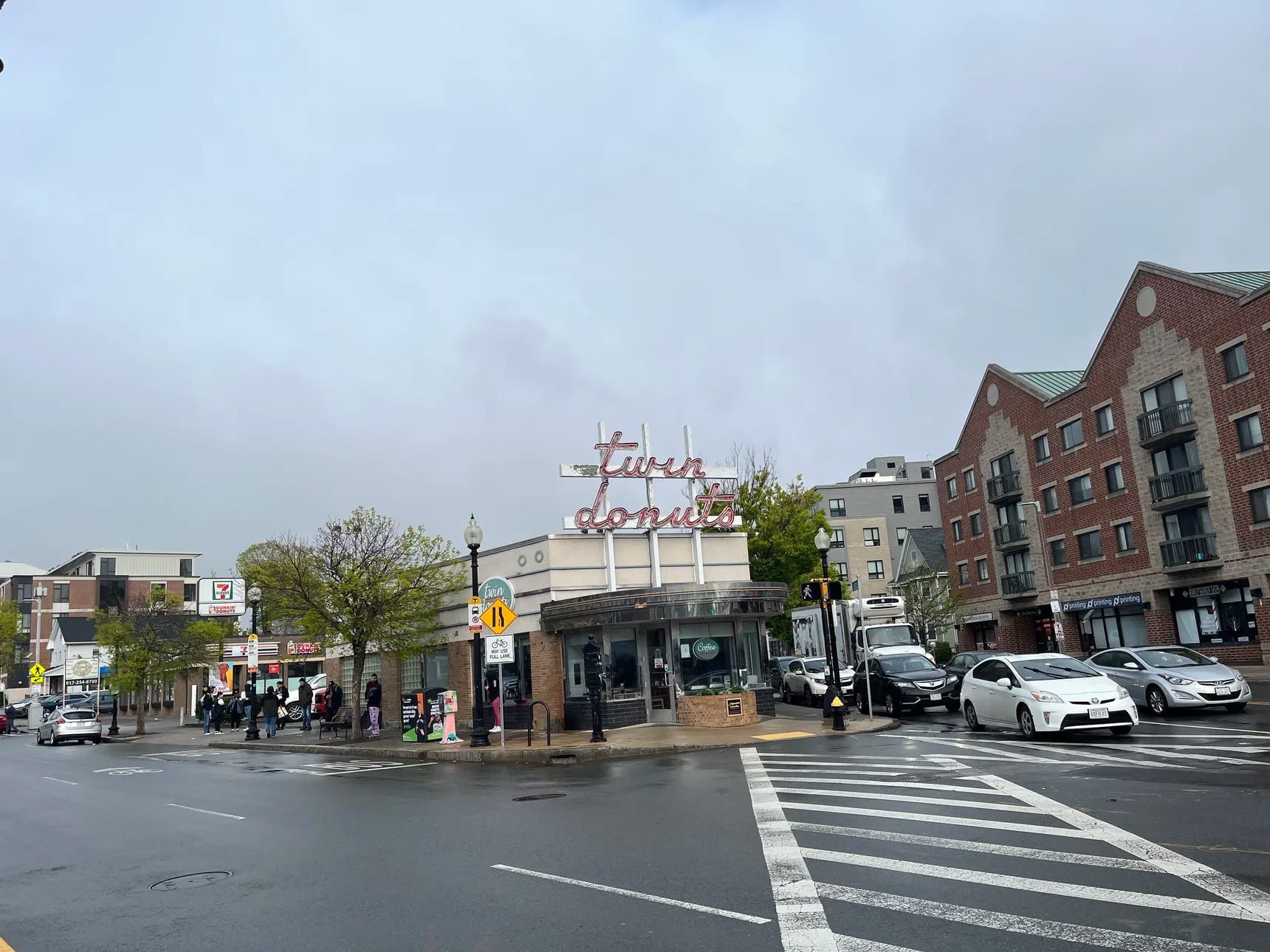
Brooke Jackson-Glidden, who just won a James Beard Foundation award for her writing for Eater PDX, shared a story on the landmark Twin Donuts Diner, in Allston, MA, as part of recent Eater’s Welcome to Diner Land package:
Twin Donuts opened in 1955, a slice of a doughnut shop between Cambridge and Beacon streets in Allston-Brighton. For the majority of its life, it was an on-the-go breakfast stop as opposed to a diner, serving breakfast pastries and microwaved breakfast sandwiches. The space didn’t have a grill until the early 2000s, when the Taing-Pang family took over the business.
Leang Sim Taing and Chiang Sou Pang grew up in Cambodia, escaping as refugees during the rule of the Khmer Rouge. After years working on assembly lines, the family saved enough money to buy the diner in 2001, fulfilling a dream of Leang Sim’s; he died a year later. In 2003 and 2004, Pang and her children — Catherine, Woo, and Wayne Taing — purchased two other diners in the area, Café Mirror and Brighton Cafe. Then, the family started to develop a blended menu of all three businesses: The Taings brought the pancakes and egg plates from Brighton Cafe to Twin, and Twin Donuts supplied the crullers and raised rings for all three. “In the beginning, it was always just a little rough,” Catherine Taing says. “As we added breakfast, things slowly picked up. It took a few months, at least, to get it going, and we kept tweaking it.”
Since then, Chiang Sou Pang and the Taing children have kept the businesses running, in part to honor Leang Sim, but also to keep Twin Donuts’ legacy alive. The diner serves regulars who started visiting in the ’50s, the service workers who rely on Twin Donuts breakfasts before (or after) shifts, and the thousands upon thousands of college students who rotate through the neighborhood. And after a while, Twin Donuts became a fixture among Allston locals for unfussy hangover breakfasts, accruing lines on Saturday and Sunday mornings.

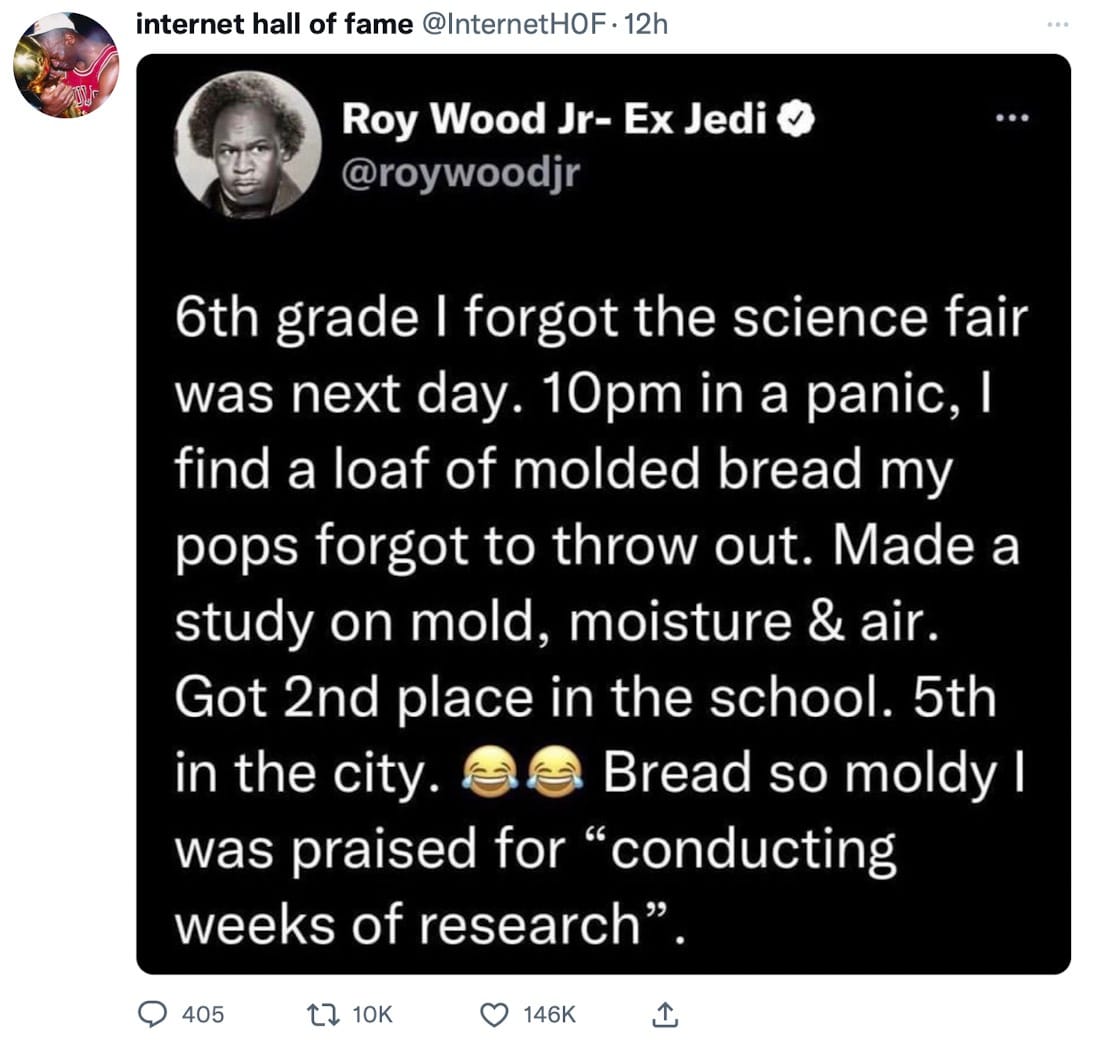
That’s it for this week’s bread basket. I hope you all have a peaceful weekend, see you all a week from Monday.
—Andrew





Member discussion